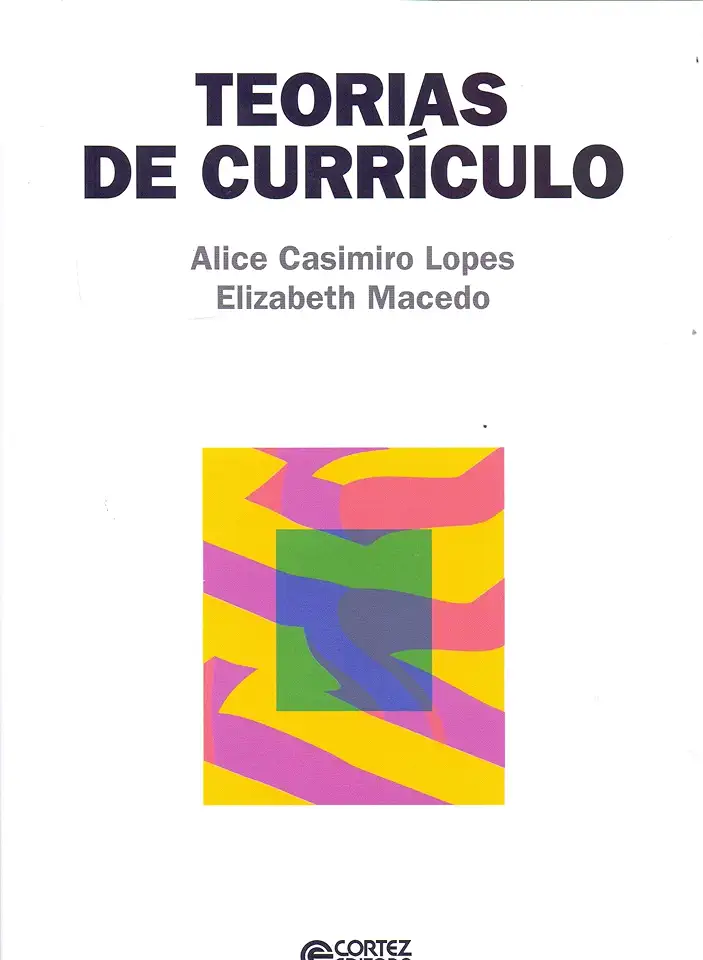
Curriculum Theories - Alice Casimiro Lopes
Curriculum Theories: Concepts and Applications
Introduction
In the ever-changing landscape of education, curriculum theories provide a framework for understanding, developing, and implementing effective learning experiences. Alice Casimiro Lopes' comprehensive book, "Curriculum Theories: Concepts and Applications," offers a thorough exploration of various curriculum theories, their historical foundations, and their practical implications for educators. This book is an essential resource for educators, curriculum designers, and anyone interested in shaping the future of education.
Key Concepts and Theories
Lopes introduces readers to the fundamental concepts and theories that underpin curriculum development. She delves into the philosophical, psychological, and sociological foundations of curriculum, examining how these disciplines influence the design and implementation of learning experiences. By understanding these foundational concepts, educators can make informed decisions about the curriculum they create and deliver.
Historical Perspectives
The book provides a historical perspective on curriculum theories, tracing their evolution from the early 20th century to the present day. Lopes explores the contributions of influential thinkers and practitioners, such as John Dewey, Maria Montessori, and Paulo Freire, and highlights how their ideas have shaped contemporary curriculum practices. This historical context helps readers appreciate the dynamic nature of curriculum theory and its ongoing relevance in shaping educational practices.
Contemporary Curriculum Models
Lopes presents an in-depth analysis of contemporary curriculum models, including subject-centered, learner-centered, and competency-based approaches. She examines the strengths and limitations of each model, offering practical guidance on how to select and implement the most appropriate model for specific educational contexts. This section of the book is particularly valuable for educators seeking to design effective and engaging learning experiences that meet the needs of diverse learners.
Curriculum Development and Implementation
The book provides a step-by-step guide to curriculum development and implementation. Lopes discusses the importance of needs assessment, goal setting, content selection, and instructional strategies. She also addresses the challenges of curriculum implementation, such as resource allocation, assessment, and evaluation. This comprehensive coverage equips educators with the knowledge and skills necessary to design and implement effective curricula that promote student learning and success.
Curriculum Evaluation and Reform
Lopes emphasizes the importance of curriculum evaluation and reform in ensuring the ongoing effectiveness of educational programs. She discusses various evaluation methods and techniques, including formative and summative assessments, and provides guidance on how to use evaluation data to inform curriculum improvements. By embracing a culture of continuous improvement, educators can ensure that their curricula remain relevant, responsive, and aligned with the ever-changing needs of learners.
Conclusion
"Curriculum Theories: Concepts and Applications" is a comprehensive and engaging exploration of curriculum theories and their practical applications in education. Alice Casimiro Lopes' insightful analysis and practical guidance make this book an invaluable resource for educators, curriculum designers, and anyone committed to shaping the future of education. By understanding the foundations, history, and contemporary models of curriculum, educators can create learning experiences that empower learners and prepare them for success in a rapidly changing world.